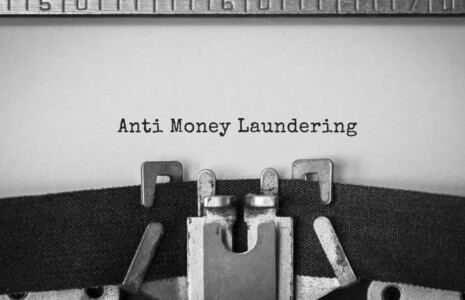Money Laundering: Why do I need to keep a record?
Sometimes I meet Accountants who ask me “I’m a sole trader so obviously all the Money Laundering procedures are down to me. Why do I have to write everything down?” I smile inwardly and say just imagine that you had a client under investigation by HMRC and they asked for a schedule of the Drawings in a given set of accounts. Not an unusual request is it? in fact you’d probably be surprised if they didn’t ask for the schedule so now imagine the response if you said something like “No need, I know what you’re looking for and I’ve checked the Drawings carefully and they are all private items and his cash availability is definitely sufficient to meet his lifestyle” You know full well what the response will be, that’s as soon they catch their breath.
So when it comes to fulfilling your obligations regarding Money Laundering without anything written down you are simply saying “trust me” It won’t and should not wash and frankly it will not wash.
So what are the most important pieces of a good money laundering practice strategy well for me and it’s by no means comprehensive nor practice specific but you need to have procedures in place that are written down, are understandable and are actually followed.
These procedures should as a minimum include record keeping, internal checks and of course Client due Diligence (CDD). Now when it comes to CDD accountants are getting caught out because they are working on behalf of a new client before the checks have been completed and documented which is completely incorrect. You must have fulfilled your CDD including a risk assessment BEFORE any work is undertaken on behalf of a new client, it’s that simple. You have to keep your eye open for any red flags that may come up during this process and don’t forget about PEPs.
Risk assessments on clients is one thing but some accountants have still not undertaken their own Practice Risk Assessment or it’s so old it was in pre-cloud days. Seriously your own Risk Assessment should be reviewed and noted as such on a regular basis and make sure it covers what your practice offers and how it will deliver.
Training is another area that is often forgotten, I was going to say overlooked but I’ll settle for forgotten. Training is important and needs to be undertaken on a regular basis and it’s another record that needs to be kept else how will you be able to answer questions from your supervisor.
This is by no means an extensive list of the records that need to be maintained whatever the size of your practice but if on reading this you are thinking “Ummmmm” then maybe you should start checking the last time you made any amendments or even noted that none were needed.
Get the latest news direct to your inbox
Sign up to our mailing list to receive weekly bulletins on all of the latest accounting news.
"*" indicates required fields



